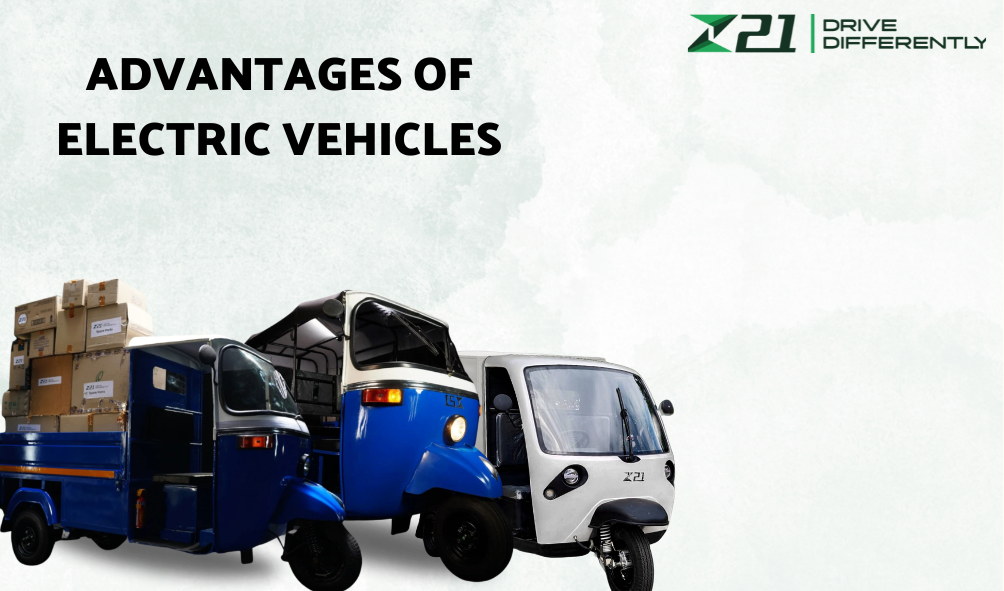As electric vehicles (EVs) gain popularity, a key question for potential owners is: What is the range of an electric vehicle? It is important to define EV vehicle battery capacity to assess range, performance, and suitability to daily driving. This guide will explain how battery capacity influences range, what factors affect range and how to get the most out of your batteries.
What is EV Vehicles Battery Capacity?
EV vehicle battery capacity means the energy capacity of an electric vehicle battery and is stated in kilowatt-hours (kWh). This capacity defines the usable distance of a particular vehicle on a single charge. This means that, the higher the battery capacity the longer the potential range of the battery. For instance, consider a small sedan EV with a battery of 40kwh; it says it can cover 150 miles or more, but a big car EV with say 100 kwh can cover 300 plus miles or more.
Factors Affecting EV Range
Although EV vehicle battery capacity is a primary determinant of range, several other factors can impact how far an EV can go on a single charge:
- Driving Speed
This is because higher speeds draw more energy hence lowering the range of the vehicle. Consistent speed with reasonable acceleration is possible when a driver controls the speed and momentum of the vehicle, thus an EV can travel longer distances.
- Weather Conditions
Temperature fluctuation such as very low temperatures tend to reduce the efficiency of the battery. Low temperatures are good for battery longevity but can draw more current for heating and decrease the battery’s energy density, thus, range.
- Load and Weight
Indeed, the weight of passengers and cargos has a way of affecting energy consumption. A car with more weight to carry will need more power, and this will see its range decreased. Limiting the load within the vehicle thus ensures that the range is stretched to the maximum.
- Use of Accessories
Other options which are air conditioning, heating, or other in-car accessories also have an impact on range because these services take electricity from the battery. Managing the frequency of using the accessories can go a long way in saving energy as well as increasing the range.
- Terrain and Road Conditions
Power needed to drive a vehicle on inclined or bad roads increases, hence shortens a car’s range. Low terrains and traffic conditions that do not cause fluctuations make the EV to conserve energy hence travel more distance per charge.
Nominal Battery Capacities and Expected Battery Ranges
EVs have different battery sizes and this is in consideration to the requirements of the users. Here’s an overview of common EV vehicle battery capacity levels and their corresponding ranges:
- Small EVs (30-40 kWh)
Small form factor vehicles that require a 30-40 kWh battery pack can cover a distance of 100-150 miles per charge making them suitable for urban use and short journeys.
- Mid-Size EVs (50-70 kWh)
Moderately sized electric vehicles with 50-70 kWh battery capacity have a range of about 200-250 miles. These vehicles are ideal for long distances and the usual running around errands all day.
- Large EVs (80-100+ kWh)
Most EVs with an 80-100+ kWh battery pack can deliver 300 miles or more of range, so they are suitable for people who need a car for long-distance travel.
How to Make Your EV Vehicle Battery Last Long
While EV vehicle battery capacity determines the potential range, drivers can take steps to maximize their EV’s efficiency and range:
- Drive SmoothlyRegarding slow driving, it should also be noted that fluctuations in speed should be minimized, with accelerating abruptly is a potent range killer. If the driver drives smoothly, the battery has a longer lifespan because the power is not consumed frequently.
- Use Eco ModeMost if not all EVs have an Eco mode that changes some parameters to enhance the power usage efficiency. Its use can be effective in extending battery benefits especially in the area of city driving.
- How to Schedule Charging for Long JourneysIn longer journeys, try to plan charging stops that will see the battery charged to sufficiently high levels. Range can be maintained by charging your car at charging stations that support DC fast chargers during your trip without charging your car for a very long duration.
- Reduce Heating and Air ConditioningAvoiding the use of the features that require the use of climate control helps to save energy needed to power the battery. Do not fully rely on these features by dressing appropriately for the weather condition.
- Keep Tyres at the Right PressureCorrect tire pressure decreases the rolling resistance of the tires allowing the EV to utilize less energy to travel the longest distance.
EV Battery Technology: The Future
Battery technology is still being developed with new innovations being worked on with an aim of increasing the capacity of the EV vehicle battery capacity and also enhancing the efficiency of the battery. There are new types of batteries which are likely to be more energy dense, charge fast and have a long cycle life including solid state batteries. With time, technology will improve and EVs will produce longer range and better performance that will enhance electric transport.
It is important to be knowledgeable about the battery EV vehicle battery capacity so as to know how many miles an EV can go on a full charge. With ranges of 100 to 300 miles or more, Electric 3 wheelers are available in forms suitable for commuting within cities and even for intercity traveling. This is because, through adopting energy efficient driving behaviors, an EV owner can derive the best out of his/her car in as much as efficiency is concerned. For those considering the best and highest performing electric cars, Zero21 provides models that will help you maximize battery power and your time on the road.


